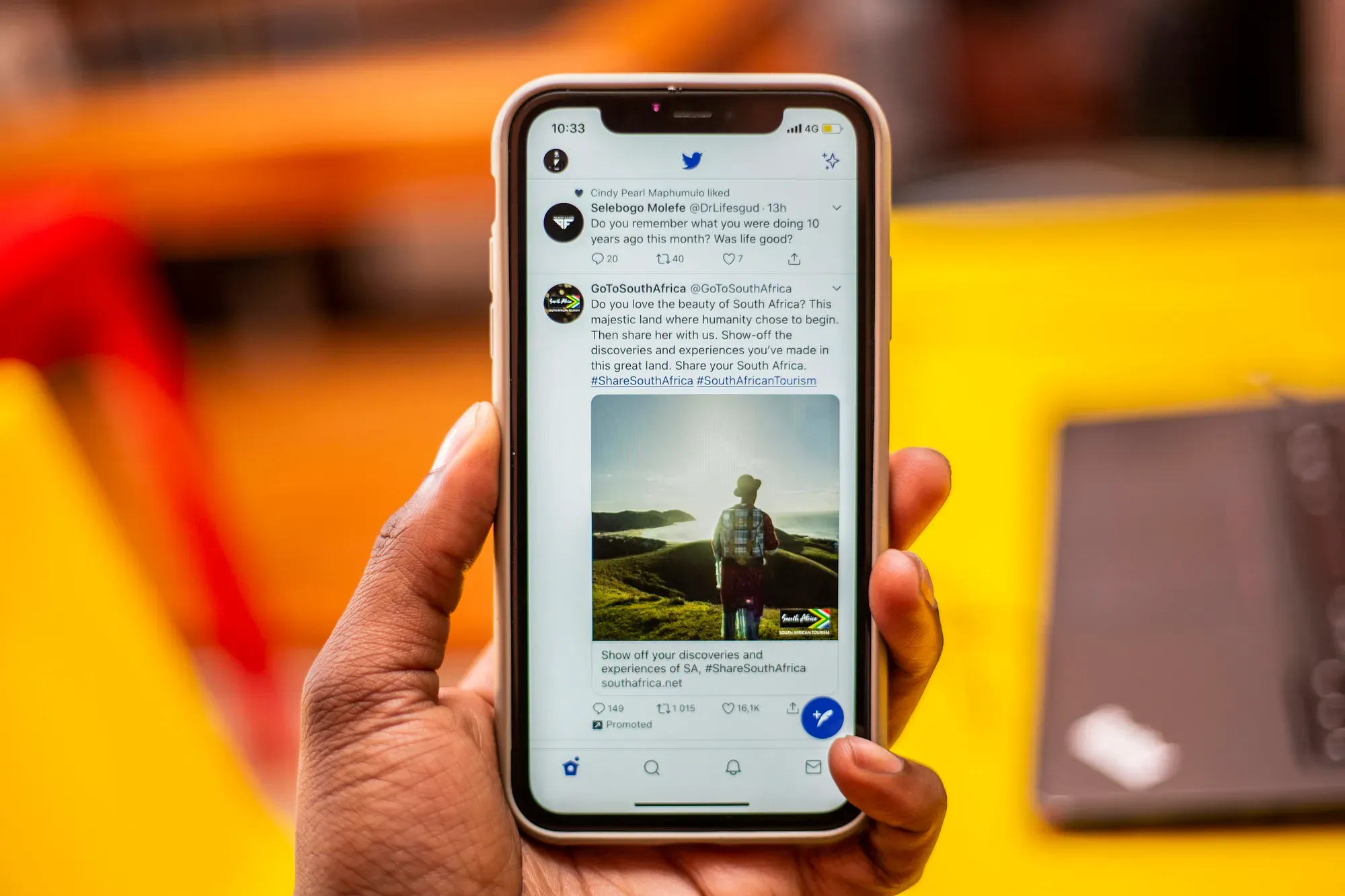The False Promise of Digital Public Squares Was Always a Scam

The Ancient Greek agora was a place where students and citizens could freely gather, give speeches, engage in debate, and challenge each other.
Yes, it was a marketplace, a commercial hub where merchants sold goods from permanent shops (stoas) and temporary market stalls.
But it was so much more—a social and cultural centre, the location of religious ceremonies and festivals, the place where men like Socrates taught, and the center of public life and civic engagement.
The social media billionaires want us to believe their putrid platforms are the “new town squares.” That their half-baked social videos and for-you feeds have replaced the agora. And that, somehow, we’re all better for it.
It’s the most overused, meaningless claim on the Internet.
A litany of exploiters and extractors have trotted out that same phrase to excuse the vagaries of their platforms and give themselves a free pass to irresponsibility, hostility, and self-enrichment.
But their apps — virtual panopticons — have more in common with prison yards and shopping malls than public forums.
Instead of humans talking and interacting with each other in the open air, we’re corralled like cattle by engagement metrics that fundamentally alter our conversations.
Profit incentives that couldn’t be less aligned with our best interests shape what we see and say.
In place of proximity and humanity, we have siloes.
In place of freedom, we have surveillance.
The “public square” terminology masks unrestrained commercial intent.
There is no citizen ownership, shared ground, accountability, or freedom.
The digital square evangelists argue that the trade offs are worth it because humans are more connected. But it’s a contrived and manipulated “connection” that pits us against each other and cultivates hatred, anger, outrage, division, and mis/disinformation. They love to point out cherry-picked examples of activists and organizers who have “found their tribes” but they look the other way when confronted with the idea that half the reason activists and organizers are needed is that billionaire social media “entrepreneurs” have been actively flushing the planet and the social order down their golden toilets for the past 20 years.
By letting them get away with the “new town square” ruse, we’ve given up the open discourse of the agora and replaced it with algorithmic, emotional, social, spiritual, and political manipulation.
The central claim never held water.
It never could. Private companies cannot host public discourse.
Just look at any mining Company town and its “public” spaces to see how impossible that idea is.
Their goals, their ideals, and their raison d’être are entirely inconsistent and incompatible with human interests.
But the most dangerous idea, the one we accepted even more unquestioningly, is this: that we needed digital “squares” in the first place, that we needed to replace the agora with something we could scroll through on our phones, exchanging our attention and free will for dopamine.
We swallowed that notion, hook, line, and sinker.
And we’re paying the price.
I can’t see that we’ve achieved any great end by trashing local, physical, connected spaces and replacing them with a giant, contextless mass of artificial discourse shaped and controlled by for-profit entities.
What we’ve lost is far more valuable — local communities, papers, markets, and neighbors who know each other’s names.
We’ve made all that obsolete.
If true digital public spaces can exist at all, they cannot exist under our current tech paradigms. And they cannot exist at the expense of our actual town squares.
The agora wasn’t scalable.
It couldn’t connect Athens to Caral. It didn’t need to.
It wasn’t designed to. And doing so would have served no purpose.
It wouldn’t have helped the folks sharing their ideas and buying oil.
I don’t believe it helps us, either.
Westenberg explores the intersection of technology, systems thinking, and philosophy that shapes our future—without the fluff.
Free readers get powerful ideas. Paid subscribers get more:
- Exclusive in-depth essays
- Early access to new work
- Private discussions and Q&As
- Future digital products and resources
- The satisfaction of supporting independent thinking
$5/month or $50/year. No sponsors. No bullshit. Just valuable insight delivered directly.
If it makes you think—we're aligned.
Discussion